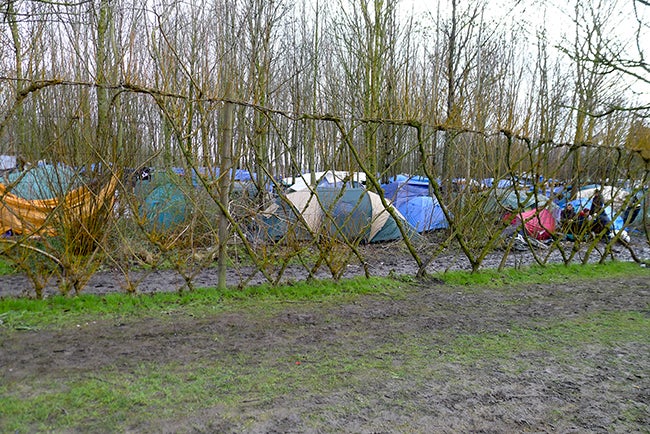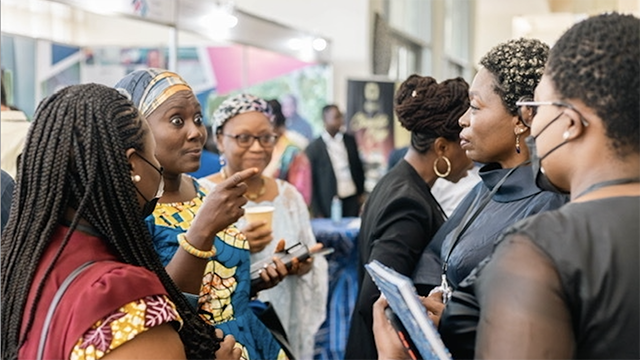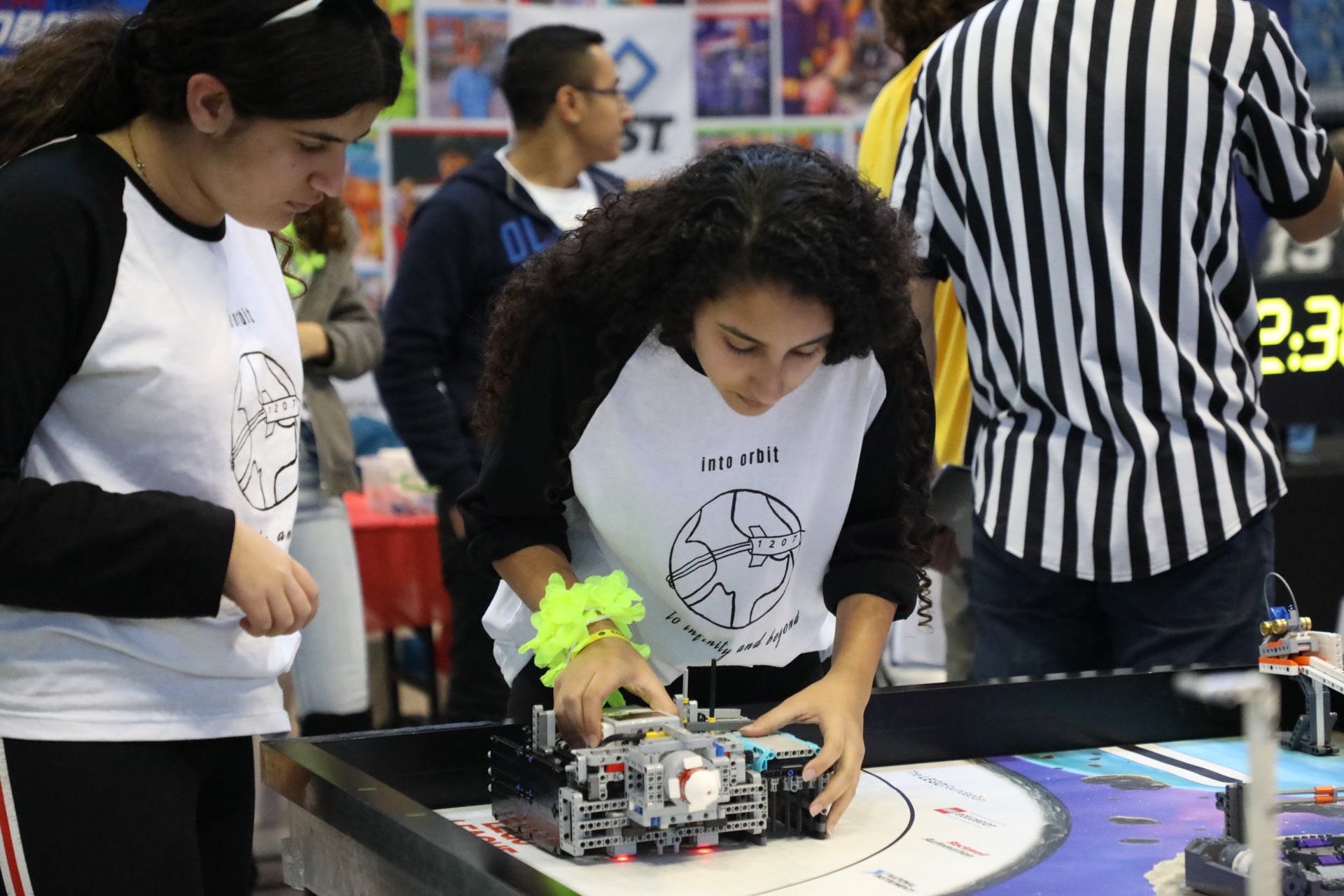“We must never be bystanders to injustice or indifferent to suffering,” said Elie Wiesel, Nobel Laureate and survivor of the Auschwitz and Buchenwald concentration camps.
“Never again,” we promised.
Yet when the Iraqi government under Saddam Hussein arrested, imprisoned, executed, and buried civilians in mass graves for resisting the regime, we as an international community stood by.
When in just 100 days, 800,000 Rwandan civilians were murdered by ethnic extremists, incited by their own government, we stood by.
When more than 8,000 Bosnian Muslims were systematically murdered by the Army of Republika Srpska in Srebrenica, we stood by.
“Never again,” we’ve muttered quietly, too late, too often.
Now, in the besieged city of Aleppo, crimes against humanity are unfolding in the streets. Tens of thousands of civilians are caught in the crossfire. Barrel bombs, mortar fire, airstrikes, and summary executions are daily realities for those trapped in the city as evacuation plans are delayed and ceasefires are broken. More massacres are expected.
Stephen O’Brien, a United Nations top aid official, has called Aleppo the “apex of horror.”
Nearly half a million Syrians have been killed in the last five years since the nation’s civil war began. Millions more are displaced. And though we’ve known about the tragedy as it unfolded, we look away, standing by.
“Aleppo will join the ranks of those events in world history that define modern evil, that stain our conscience decades later,” declared United States Ambassador to the United Nations, Samantha Power at a recent Security Council briefing on Syria.
There is no doubt that the international community has failed Aleppo, and by doing so, has failed humanity. That doesn’t mean that humanity should fail along with it.
In fact, during the darkest times, the brightest lights have shined through extraordinary acts by individuals. Some of these stories are well-known, like that of Oskar Schindler, a member of the Nazi Party who is credited with showing remarkable dedication by saving the lives of 1,200 Jews during the Holocaust by employing them. Other stories are not told as often, like that of Josephine Dusabimana, who risked her own life to hide her neighbors in her home during the Rwandan genocide.
These are ordinary people who became heroes by their own initiative, and their stories are countless.
I give tribute to those who, despite all odds, have found ways to take action. To save lives. To defeat the notion that change is impossible. I call on each one of us, no matter where we are, to act more like those ordinary heroes. To stand up. To not stand by.
Despite the overwhelming similarities between the situation in Aleppo and many past atrocities, I would be remiss not to comment on one staggering difference. We have never before been able to observe so much in real-time. We hear the horrific reality from civilians, as if face-to-face, as it is happening. We read their testimonies on Twitter, and we see them cry in Facebook videos, sometimes even live.
We do not depend on global officials to release information on their own time, as they see fit, to relay the devastating scope of the crisis. No longer can leaders invoke that they “did not know” or that they “knew too late” as alibis for inaction. And neither can we. We know now, not in retrospect, and we must act in the same way.
There is a common belief that the only way an individual can make a difference during time of atrocity is to be positioned “on the ground.” From the safety of Washington, DC, I admit I am not able to literally hide my neighbor for safekeeping. The actions that I can take, I’m afraid, would fall far short of heroic. But I am also not risking my life by taking them. And they can really make a difference. They can save a life. There is simply no excuse not to act.
There are real steps that anyone can take right now.
Support groups on the ground. Donate if you can, and if you can’t, offer your time as a volunteer. Groups like the White Helmets, Doctors Without Borders, the Syrian American Medical Society, Mercy-USA, Save the Children, Mobile Hospital for Syria, and UNHCR are just a few to consider.
Protest. Hit the streets and call your elected officials. Demand justice. Oppose crimes against humanity. Oppose international inaction. If there aren’t protests where you live, start one.
Support refugees in your community. Look to local groups, or groups like the International Rescue Committee and offer your help however you can. Back immigration education efforts that include trainings to equip people with the tools they need to navigate American life. Contact your representatives to oppose efforts to limit the rights of refugees. Support local groups, like churches and families, working to resettle refugees. Form a neighborhood welcome group to help refugees to settle in whatever way they need.
Be informed. Make an effort to get information, not only in times of crisis but at all times, and hold those in power accountable. Refuse to accept the status quo.
And most important, each of us must remember that our liberty is not without duty. As citizens of the world, we must show up for others. If we don’t, we too bear responsibility for these atrocities.
Photo via iStock: Refugees arriving at the refugee camp of Vinojug in Gevgelija, Macedonia, after having crossed the border with Greece at Eidomeni, December 23, 2015.


